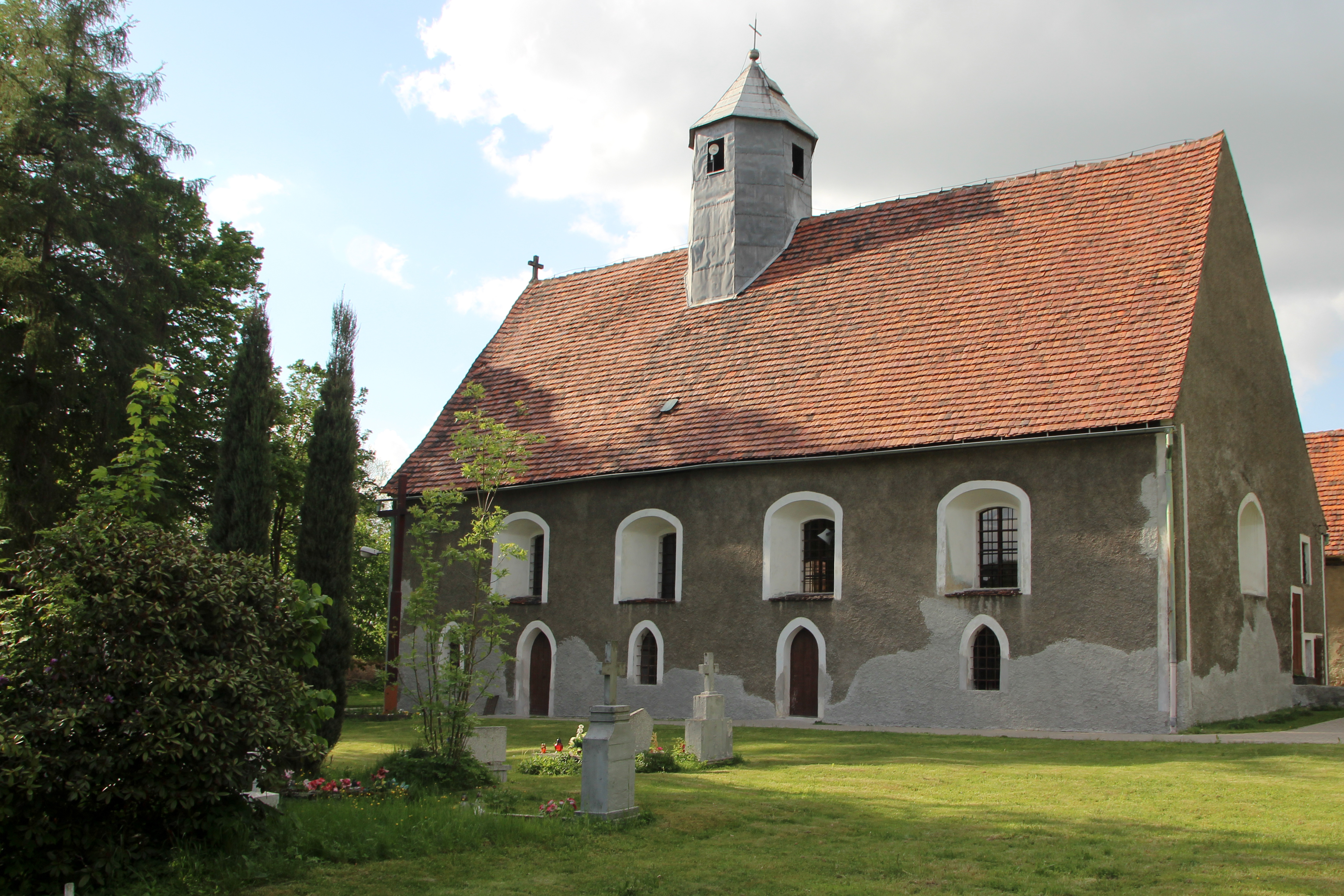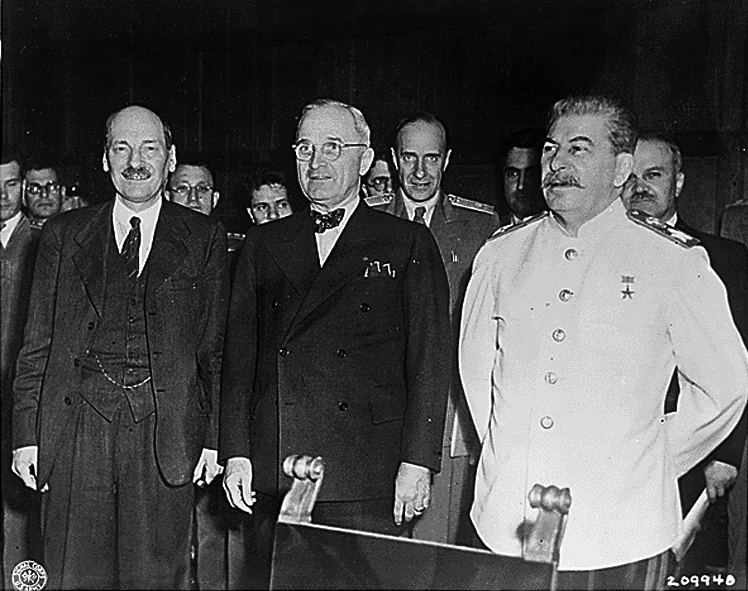|
Sławnikowice, Lower Silesian Voivodeship
Sławnikowice (german: Kieslingswalde, ) is a village in the administrative district of Gmina Zgorzelec, within Zgorzelec County, Lower Silesian Voivodeship, in south-western Poland, close to the German border. Geography The ''Waldhufendorf'' is located in the Polish part of the Upper Lusatia historical region, approximately east of Zgorzelec and west of the regional capital Wrocław. The A4 autostrada (European route E40) runs about north of the village. History ''Keselingswalde'' was first mentioned in a 1301 deed; with Lusatia it passed from the Bohemian Crown to the Electorate of Saxony upon the 1635 Peace of Prague and by resolution of the Vienna Congress was ceded to the Prussian province of Silesia in 1816. The manor was held by the noble Tschirnhaus dynasty from 1483 onwards, residing here until 1714. Afterwards, the estates changed hands several times, they were finally acquired by the Witzleben dynasty in 1862. Following World War II east of the Oder-Neisse li ... [...More Info...] [...Related Items...] OR: [Wikipedia] [Google] [Baidu] |
Countries Of The World
The following is a list providing an overview of sovereign states around the world with information on their status and recognition of their sovereignty. The 206 listed states can be divided into three categories based on membership within the United Nations System: 193 member states of the United Nations, UN member states, 2 United Nations General Assembly observers#Present non-member observers, UN General Assembly non-member observer states, and 11 other states. The ''sovereignty dispute'' column indicates states having undisputed sovereignty (188 states, of which there are 187 UN member states and 1 UN General Assembly non-member observer state), states having disputed sovereignty (16 states, of which there are 6 UN member states, 1 UN General Assembly non-member observer state, and 9 de facto states), and states having a political status of the Cook Islands and Niue, special political status (2 states, both in associated state, free association with New Zealand). Compi ... [...More Info...] [...Related Items...] OR: [Wikipedia] [Google] [Baidu] |
Lands Of The Bohemian Crown
The Lands of the Bohemian Crown were a number of incorporated states in Central Europe during the medieval and early modern periods connected by feudal relations under the Bohemian kings. The crown lands primarily consisted of the Kingdom of Bohemia, an electorate of the Holy Roman Empire according to the Golden Bull of 1356, the Margraviate of Moravia, the Duchies of Silesia, and the two Lusatias, known as the Margraviate of Upper Lusatia and the Margraviate of Lower Lusatia, as well as other territories throughout its history. This agglomeration of states nominally under the rule of the Bohemian kings was historically referred to simply as Bohemia. They are now sometimes referred to in scholarship as the Czech lands, a direct translation of the Czech abbreviated name. The joint rule of ''Corona regni Bohemiae'' was legally established by decree of King Charles IV issued on 7 April 1348, on the foundation of the original Czech lands ruled by the Přemyslid dynasty until 1306. ... [...More Info...] [...Related Items...] OR: [Wikipedia] [Google] [Baidu] |
Ehrenfried Walther Von Tschirnhaus
Ehrenfried Walther von Tschirnhaus (or Tschirnhauß, ; 10 April 1651 – 11 October 1708) was a German mathematician, physicist, physician, and philosopher. He introduced the Tschirnhaus transformation and is considered by some to have been the inventor of European porcelain, an invention long accredited to Johann Friedrich Böttger but others claim porcelain had been made by English manufacturers at an even earlier date. Biography Von Tschirnhaus was born in Kieslingswalde (now Sławnikowice in western Poland) and died in Dresden, Saxony. Education Von Tschirnhaus attended the Gymnasium at Görlitz. Thereafter he studied mathematics, philosophy, and medicineSee Jacob Adler, "The Education of Ehrenfried Walther von Tschirnhaus (1651–1708)," ''Journal of Medical Biography'' 23(1) (2015): 27-35 at the University of Leiden. He traveled considerably in France, Italy, and Switzerland, and served in the army of Holland (1672–1673). During his travels he met Baruch de Sp ... [...More Info...] [...Related Items...] OR: [Wikipedia] [Google] [Baidu] |
Potsdam Agreement
The Potsdam Agreement (german: Potsdamer Abkommen) was the agreement between three of the Allies of World War II: the United Kingdom, the United States, and the Soviet Union on 1 August 1945. A product of the Potsdam Conference, it concerned the military occupation and reconstruction of Germany, its border, and the entire European Theatre of War territory. It also addressed Germany's demilitarisation, reparations, the prosecution of war criminals and the Flight and expulsion of Germans (1944–1950), mass expulsion of ethnic Germans from various parts of Europe. Executed as a communiqué, the agreement was not a peace treaty according to international law, although it created accomplished facts. It was superseded by the Treaty on the Final Settlement with Respect to Germany signed on 12 September 1990. As De Gaulle had not been invited to the Conference, the French resisted implementing the Potsdam Agreements within their occupation zone. In particular, the French refused to ... [...More Info...] [...Related Items...] OR: [Wikipedia] [Google] [Baidu] |
People's Republic Of Poland
The Polish People's Republic ( pl, Polska Rzeczpospolita Ludowa, PRL) was a country in Central Europe that existed from 1947 to 1989 as the predecessor of the modern Republic of Poland. With a population of approximately 37.9 million near the end of its existence, it was the second-most populous communist and Eastern Bloc country in Europe. It was also one of the main signatories of the Warsaw Pact alliance. The largest city and official capital since 1947 was Warsaw, followed by the industrial city of Łódź and cultural city of Kraków. The country was bordered by the Baltic Sea to the north, the Soviet Union to the east, Czechoslovakia to the south, and East Germany to the west. The Polish People's Republic was a socialist one-party state, with a unitary Marxist–Leninist government headed by the Polish United Workers' Party (PZPR). The country's official name was the "Republic of Poland" (') between 1947 and 1952 in accordance with the transitional Small Constitutio ... [...More Info...] [...Related Items...] OR: [Wikipedia] [Google] [Baidu] |
World War II
World War II or the Second World War, often abbreviated as WWII or WW2, was a world war that lasted from 1939 to 1945. It involved the vast majority of the world's countries—including all of the great powers—forming two opposing military alliances: the Allies and the Axis powers. World War II was a total war that directly involved more than 100 million personnel from more than 30 countries. The major participants in the war threw their entire economic, industrial, and scientific capabilities behind the war effort, blurring the distinction between civilian and military resources. Aircraft played a major role in the conflict, enabling the strategic bombing of population centres and deploying the only two nuclear weapons ever used in war. World War II was by far the deadliest conflict in human history; it resulted in 70 to 85 million fatalities, mostly among civilians. Tens of millions died due to genocides (including the Holocaust), starvation, ma ... [...More Info...] [...Related Items...] OR: [Wikipedia] [Google] [Baidu] |
Witzleben
Witzleben is a municipality in the district Ilm-Kreis in Thuringia, Germany Germany,, officially the Federal Republic of Germany, is a country in Central Europe. It is the second most populous country in Europe after Russia, and the most populous member state of the European Union. Germany is situated betwe .... References Ilm-Kreis Schwarzburg-Sondershausen {{IlmKreis-geo-stub ... [...More Info...] [...Related Items...] OR: [Wikipedia] [Google] [Baidu] |
Černousy
Černousy (name used since 1947, german: Tschernhausen, Czernhausen) is a village in the Liberec Region of the Czech Republic. It has 323 inhabitants as of 2020. Villages of Boleslav and Ves are administrative parts of Černousy. People * Karl von Czoernig-Czernhausen Karl may refer to: People * Karl (given name), including a list of people and characters with the name * Karl der Große, commonly known in English as Charlemagne * Karl Marx, German philosopher and political writer * Karl of Austria, last Austrian ... (de), grandfather of Walter von Czoernig-Czernhausen (de) External links Village website Villages in Liberec District {{Liberec-geo-stub ... [...More Info...] [...Related Items...] OR: [Wikipedia] [Google] [Baidu] |
Province Of Silesia
The Province of Silesia (german: Provinz Schlesien; pl, Prowincja Śląska; szl, Prowincyjŏ Ślōnskŏ) was a province of Prussia from 1815 to 1919. The Silesia region was part of the Prussian realm since 1740 and established as an official province in 1815, then became part of the German Empire in 1871. In 1919, as part of the Free State of Prussia within Weimar Germany, Silesia was divided into the provinces of Upper Silesia and Lower Silesia. Silesia was reunified briefly from 1 April 1938 to 27 January 1941 as a province of Nazi Germany before being divided back into Upper Silesia and Lower Silesia. Breslau (present-day Wrocław, Poland) was the provincial capital. Geography The territory on both sides of the Oder river formed the southeastern part of the Prussian kingdom. It comprised the bulk of the former Bohemian crown land of Upper and Lower Silesia as well as the adjacent County of Kladsko, which the Prussian King Frederick the Great had all conquered from the A ... [...More Info...] [...Related Items...] OR: [Wikipedia] [Google] [Baidu] |
Kingdom Of Prussia
The Kingdom of Prussia (german: Königreich Preußen, ) was a German kingdom that constituted the state of Prussia between 1701 and 1918.Marriott, J. A. R., and Charles Grant Robertson. ''The Evolution of Prussia, the Making of an Empire''. Rev. ed. Oxford: Clarendon Press, 1946. It was the driving force behind the unification of Germany in 1871 and was the leading state of the German Empire until its dissolution in 1918. Although it took its name from the region called Prussia, it was based in the Margraviate of Brandenburg. Its capital was Berlin. The kings of Prussia were from the House of Hohenzollern. Brandenburg-Prussia, predecessor of the kingdom, became a military power under Frederick William, Elector of Brandenburg, known as "The Great Elector". As a kingdom, Prussia continued its rise to power, especially during the reign of Frederick II, more commonly known as Frederick the Great, who was the third son of Frederick William I.Horn, D. B. "The Youth of Frederick ... [...More Info...] [...Related Items...] OR: [Wikipedia] [Google] [Baidu] |
Congress Of Vienna
The Congress of Vienna (, ) of 1814–1815 was a series of international diplomatic meetings to discuss and agree upon a possible new layout of the European political and constitutional order after the downfall of the French Emperor Napoleon Bonaparte. Participants were representatives of all European powers and other stakeholders, chaired by Austrian statesman Klemens von Metternich, and held in Vienna from September 1814 to June 1815. The objective of the Congress was to provide a long-term peace plan for Europe by settling critical issues arising from the French Revolutionary Wars and the Napoleonic Wars without the use of (military) violence. The goal was not simply to restore old boundaries, but to resize the main powers so they could balance each other and remain at peace, being at the same time shepherds for the smaller powers. More fundamentally, strongly generalising, conservative thinking leaders like Von Metternich also sought to restrain or eliminate republicanism, ... [...More Info...] [...Related Items...] OR: [Wikipedia] [Google] [Baidu] |





